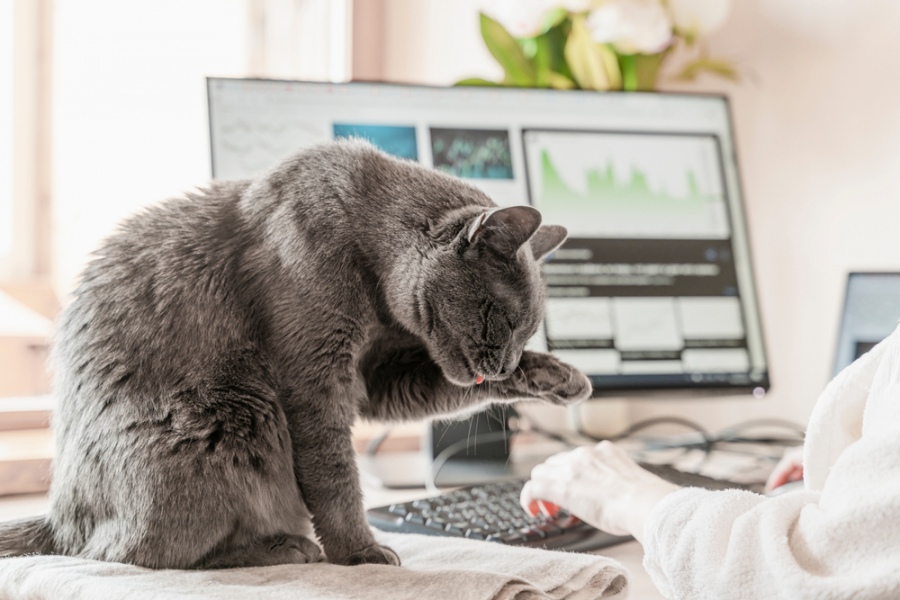Elections can no doubt induce stress and anxiety in both candidates and their constituents. Depression, as well, isn’t uncommon following an election and occurs in individuals of all types, the most common of which include candidates, campaign employees and citizens with highly political ideals and opinions. Post-election depression is far more intense than general disappointment regarding election results, and can affect many different aspects of life. The following is an in-depth look at post-election depression, which includes information on symptoms, complications and coping strategies.
Recognizing Post-Election Depression
The first step in learning to cope with post-election depression is learning to recognize its signs and symptoms. Symptoms of post-election depression often mimic those of regular depression, but are typically centered around election results. The following symptoms are often experienced by individuals with post-election depression:
- Fatigue and low energy levels.
- Loss of interest, especially as it pertains to politics.
- Feelings of hopelessness or helplessness.
- Intense dread, anxiety and/or fear regarding election results.
- Frequent personal conflicts, especially with friends, coworkers or family members who supported an opposing candidate.
- Changes in eating and sleeping habits.
- An unhealthy obsession with politics and election results. This can include spending an inordinate amount of time researching and talking about the recent election, as well as frequent feelings of anger, guilt, frustration, etc.
Coping with Post-Election Depression
Like regular clinical depression, post-election depression can lead to a variety of complications, including a worsening of symptoms and an increased risk of subsequent psychological illness. In order to prevent these and other complications, learning to cope with post-election depression is essential. The three following tips will help ease the symptoms of this disorder, which will improve psychological, emotional and physical health as well as overall quality of life.
1. Find New Hobbies
The months leading up to an election can be all-consuming for candidates, campaign workers and political buffs. For most, the post-election lull in political activity can lead to a lack of ways to occupy time. This can lead to several risk factors associated with post-election depression, including obsessive thinking on political topics. Thankfully, though, this can be easily remedied by finding new ways to spend free time. For individuals with post-election depression, the best types of hobbies and interests are obviously those unrelated to politics. For example, taking a class or performing volunteer work are positive ways to occupy time, and will help ease symptoms associated with post-election depression.
2. Spend Time with Loved Ones
Planning a trip with friends or family members can be a great way to reduce stress and anxiety surrounding elections. One great idea is to avoid all talk of politics and encourage loved ones to do the same. This will help all parties involved avoid arguments or ill-feelings where politics and elections are concerned.
3. Speak to a Professional
In many cases of post-election depression, speaking with a mental health professional can improve symptoms and overall quality of life. A counselor or therapist may use psychotherapy methods in addressing this condition, which can help relieve symptoms of anxiety and depression. Other coping methods often recommended by mental health professionals include group therapy and support groups. Here, individuals suffering from post-election depression can find support from peers, as well as share experiences and coping strategies.
Attached Images:
- License: Creative Commons image source
Marie Douglas is a psychologist and guest author at Best Masters in Psychology, where she contributed to the guide to the Top 10 Best Online Masters in Psychology Degree Programs.





